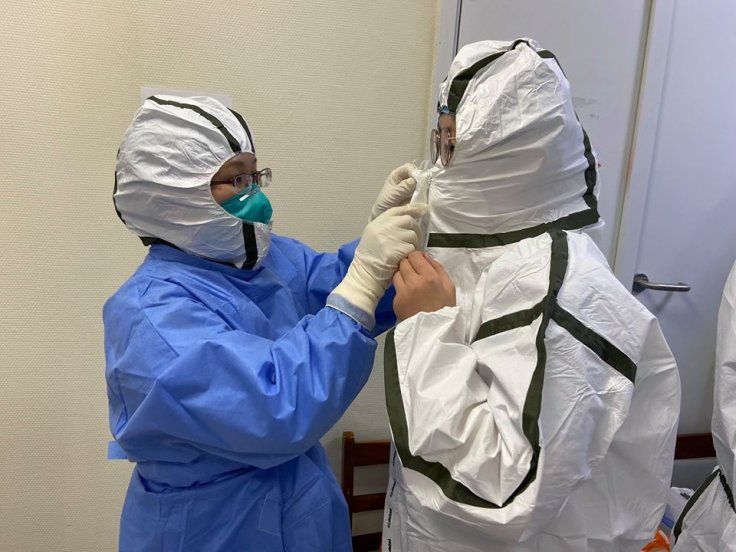Italian authorities on Tuesday reported a woman had tested positive for coronavirus in Sicily, the first case south of Rome, as the country battles to prevent the outbreak spreading from its origin in the northern regions of Lombardy and Veneto. Sicily's regional governor Nello Musumeci said a tourist from Bergamo, in Lombardy, had been hospitalised in the island's capital Palermo after being diagnosed with the illness and all those travelling with her had been quarantined.
The number of cases in Italy, the country in Europe worst affected, rose to more than 260 overnight from 229 on Monday, with 34 new cases reported in Lombardy and six new ones in Veneto. The number of deaths was unchanged at seven. The health emergency had yielded a fragile political truce between Italy's warring parties which collapsed late on Monday after Prime Minister Giuseppe Conte suggested malpractice at a hospital in Lombardy may have fuelled the outbreak.
Conte said the hospital, which he did not name, had not followed the correct protocol "and this contributed to the spread", adding that he may consider withdrawing some of the powers of the regions over health policy.
The right-wing, opposition League party, which runs both Lombardy and Veneto, reacted furiously. Its lower-house speaker Riccardo Molinari said Conte's words were "almost fascist" while the League's economics spokesman Claudio Borghi called the premier "a disgrace to the country".
Lombardy's Governor Attilio Fontana accused Conte of a "desperation strategy ...probably trying to attack others to distract attention (from himself)." Officials from the World Health Organization and the European Union were due to meet in Rome on Tuesday to discuss the crisis, which first broke out in China and has now spread to about 29 other countries and territories.
BUDGET LEEWAY

As economists warned that the outbreak in Italy would probably tip its already stagnant economy into recession, a senior official said the government may need to call on the European Union to offer leeway on its budget targets. "There are resources the EU can give us in relation to economic events that could lower GDP considerably," Deputy Economy Minister Laura Castelli said in a radio interview with state channel RAI.
Italy has proportionally the highest public debt in the eurozone after Greece's and has long struggled to respect the bloc's strict borrowing rules. Conte warned on Monday that the fallout from the outbreak could be "very strong". Lombardy, the northern region that includes the financial capital Milan, and Veneto together account for about a third of Italy's gross domestic product and half of its exports.
Even before the outbreak of the virus, which triggered a fall of more than five percent on the Milan bourse on Monday, Italy was teetering on the edge of recession, after the gross domestic product (GDP) fell 0.3 percent in the fourth quarter of 2019. The tourist industry, which accounts for about 13 percent of GDP, fears a plunge in bookings as the government has ordered a clampdown on public events including soccer matches, cinemas and theatres.
A planned three-week shoot in Italy for Tom Cruise's new film "Mission: Impossible" was also postponed. Milan cathedral was closed to visitors, the Venice carnival, one of the world's premier tourist attractions, was shut early for the first time in decades and airlines began restricting flights to Italy.
UK authorities on Tuesday advised British people who had visited northern Italy to self-isolate if they had any flu-like symptoms. The outbreak of the disease over the weekend triggered alarm in Milan, bringing a drop in the number of people in public places and prompting shoppers to stock up on basics. Esselunga, one of the biggest supermarket chains in northern Italy, said it was capable of keeping branches fully stocked and that shoppers had no need to buy any more than normal.









